If you’re thinking about solar power on your home, you probably know that it comes at a significant upfront investment. That is why it is important to consider a variety of factors before making a decision on which solar panels are most appropriate for your project. Our customers can’t be experts on the subject. As a solar installer, we typically take the lead on this matter on behalf of our customers after having a discussion on which factors are most important to them.
Below are some things to consider when deciding which solar panels are best for your home:
- Aesthetics – The technology behind solar panels has improved dramatically in the last decade, but the appearance of solar panels has gotten exponentially better as well. Many manufacturers now build panels that blend into your roofing material. If your roof is exposed to the street, you probably want to choose the most inconspicuous panels. To achieve the most subtle appearance, you want panels that are lower in profile and have an “all black” color.
- Efficiency – The majority of the homes we evaluate for a solar electric system usually have some limitation in available roof space. That’s why it’s really important to look at a solar panel’s efficiency. The higher the panel’s efficiency, the more the panel will produce per square foot which means less roof area is needed to generate the same amount of power.
- Warranty – Nearly all solar manufacturers have a power output warranty of 20 or 25 years. Although manufacturers tend to offer similar warranties, you may want to compare the different policies to make sure you have the least risk.
- Manufacturer / Brand – There are probably more than a 100 solar panel manufacturers all over the world. As a solar contractor, I like sticking with companies that have reputable names and a long history of manufacturing. Companies with a vertical integration strategy tend to have the best prices. A lot of homeowners choose to go solar to increase the strength of our country and move away from our dependence on foreign fossil fuels. Therefore, they may want to only look at products manufactured or assembled in the United States. I also like to look at the financial stability of the manufacturer. If the company’s stock is extremely devalued, it could be an acquisition target and that would add uncertainty to the product line’s future. This could cause problems for product replacement or even exercising the warranty at a later date.
- Price per Watt – Cost is a major issue for a majority of my customers. They want to achieve the quickest rate of return on their investment. Although most manufacturers build a decent solar panel, the cheapest panel is not always the best choice. Solar power is an investment you’re making over 30+ years. It is important that the panels are manufactured with quality in mind and can withstand exposure to the elements over the long term.
- State Rebate Eligibility Requirements – Before you decide on a solar panel that best fits your needs, make sure it passes the eligibility requirements needed to receive your state or local incentives. In Massachusetts and Connecticut, panels must be new and listed on California Energy Commission’s list of eligible equipment.
This is a lot of information for a homeowner to digest so it is usually best to work with your solar contractor on this decision. If you would like some advice, Brightstar Solar would be happy to determine if you have good site for solar power in Massachusetts or Connecticut and evaluate which panels would be most appropriate for your project.

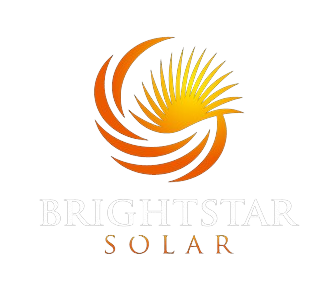
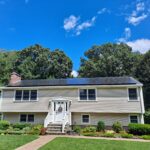

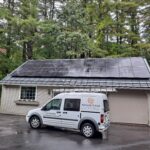
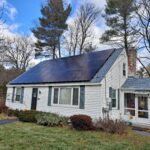
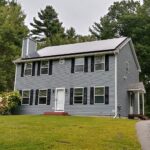
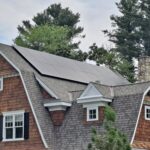
Pingback: Tweets that mention How to Choose Solar Panels for Your Home — BRIGHTSTAR SOLAR -- Topsy.com
Pingback: Solar Panels: Sorting Through the Hype — BRIGHTSTAR SOLAR
Your article helped me a lot, is there any more related content? Thanks!
Your article helped me a lot, is there any more related content? Thanks!
Your article helped me a lot, is there any more related content? Thanks!
Your point of view caught my eye and was very interesting. Thanks. I have a question for you.
Your point of view caught my eye and was very interesting. Thanks. I have a question for you.
This is very interesting, You’re a very skilled blogger.
I have joined your rss feed and look forward to seeking
more of your great post. Also, I have shared your site in my
social networks!
Stop by my homepage :: nordvpn coupons inspiresensation (tinyurl.com)
Thank you for your sharing. I am worried that I lack creative ideas. It is your article that makes me full of hope. Thank you. But, I have a question, can you help me?
Your article helped me a lot, is there any more related content? Thanks!